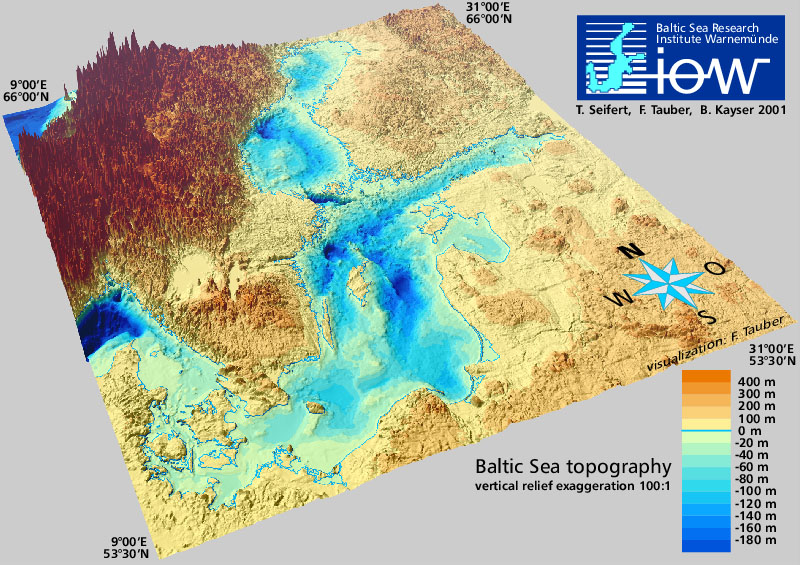Russia watchers and intelligence experts say the ruptures were probably a product of Russian operations and designed to send a message to the West about Russia's still worrisome capabilities, while warning that Russian President Vladimir Putin is likely to order more acts of hybrid warfare as his forces struggle in Ukraine and Western countries continue to support Kyiv.
Former CIA Director John Brennan last Wednesday told CNN that Russia is the
"most likely suspect" and the apparent sabotage was meant to "signal to Europe that Russia could reach beyond Ukraine's borders."
"This might be a sign that Russia is intent on doing whatever it believes it needs to do in order to weaken a European resolve," Brennan said, adding, "This just might be the first salvo of some additional things that might be coming toward Europe."
Andrea Kendall-Taylor, a former US senior intelligence officer who led strategic analysis on Russia for the National Intelligence Council from 2015 to 2018, told Insider she believes the leaks were a result of "intentional" sabotage "executed by Russia."
The pipelines, which were not operational when the ruptures occurred and have stopped leaking, are mostly owned by the Russian state-controlled energy company Gazprom. Russia's influence over Europe's energy supply has been a constant point of concern since the Ukraine war began in late February. The EU has been scrambling to find gas supplies for winter as it moves to curb its dependence on Russian energy. The pipeline ruptures caused already sky-high gas prices to
go up, and also raised a number of environmental concerns.
Kendall-Taylor said that there were a number of motivations for Russia to carry out sabotage like this, with Moscow looking for an "immediate" way to "increase the pain directly on Europe."
There's also a "broader play, which is Russia signaling to the West that it has a whole suite of non-conventional tools that it can use to be disruptive and to increase the pain so long as the support for Ukraine continues," Kendall-Taylor said, describing these leaks as a "warning shot" from the Kremlin.
"It was a relatively inexpensive way to send a very informative signal to the West. Should we expect these things to continue? Absolutely," Kendall-Taylor added, underscoring that Russia's struggles on the battlefield in Ukraine are directly tied to this.

 , however, this is just Fermi-ing the numbers, so it shouldn't matter much.]
, however, this is just Fermi-ing the numbers, so it shouldn't matter much.]